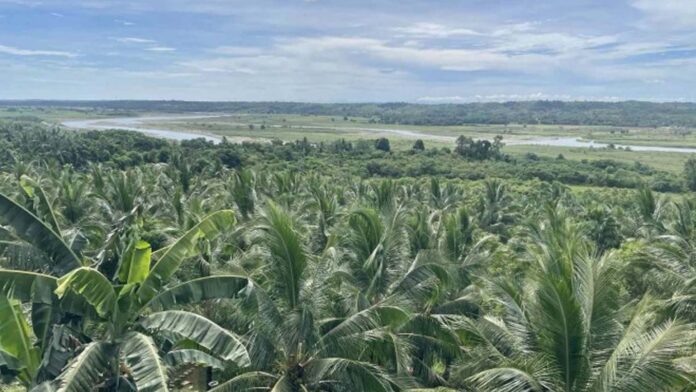President Ferdinand R. Marcos Jr. has approved the Coconut Farmers and Industry Development Plan (CFIDP) 2024-2028, to help coconut farmers increase productivity and income, alleviate poverty, and modernize the coconut industry.
Marcos signed Memorandum Circular 84 on May 21, approving and adopting the Coconut Farmers and Industry Development Plan (CFIDP) 2024-2028. A copy of the issuance was made public on Tuesday.
The CFIDP 2024-2028 was a revised version of the CFIDP 2022-2026.
It seeks to outline strategies for implementing national development programs on social protection, capacity building, farmer organization empowerment, infrastructure, and other support programs to improve the socio-economic status of Filipino coconut farmers and revitalize the coconut industry.
The Philippine Coconut Authority (PCA), as the lead agency responsible for the promotion and development of the Philippine coconut industry, is mandated to lead the implementation of the CFIDP 2024-2028.
All departments, agencies, bureaus, and offices of the national government, including state universities and colleges, government-owned or controlled corporations, and government financial institutions, are directed to support the implementation of the CFIDP 2024-2028, as well its programs, activities, and projects.
All local government units (LGUs), meanwhile, are encouraged to do the same.
The funding requirements for the implementation of the memorandum circular will be charged against the Coconut Farmers and Industry Trust Fund pursuant to Republic Act (RA) 11524, and existing appropriations of concerned government agencies, subject to applicable laws, rules, and regulations.
Based on the outcomes of various forums and discussions, the PCA spearheaded the preparation of the revised CFIDP.
The revisions aim to enhance the coordination among implementing agencies and optimize key strategies for program delivery, in alignment with the objectives and intent of RA 11524.
“The revised CFIDP was meticulously crafted following extensive stakeholder consultations, multiple coordination meetings with implementing agencies under the CFIT Act, and comprehensive public consultations with farmer groups and coconut farmer leaders,” the CFIDP 2024-2028 read.
The revised CFIDP restructured the original six national development programs into seven components.
The programs are: Social Protection Programs; Training Program for Coconut Farmers and their Families; Coconut Farmers Organization and Empowerment through Cooperatives; Coconut Hybridization Program; Community-based Farm Enterprise Development; Integrated Coconut Processing and Downstream Products; and Support Service Programs.
The training program for coconut farmers and their families was separated from the Social Protection Programs to highlight its critical role as a foundational component in achieving the objectives of the other national development programs. (PNA)






